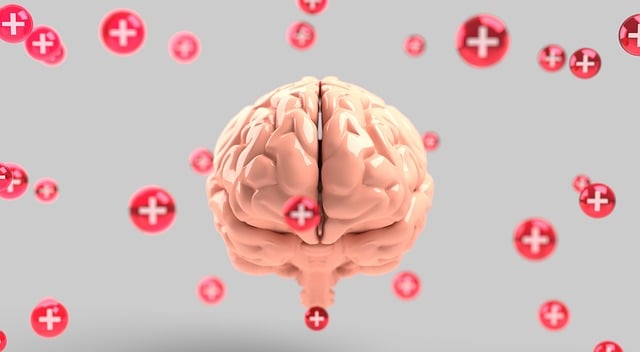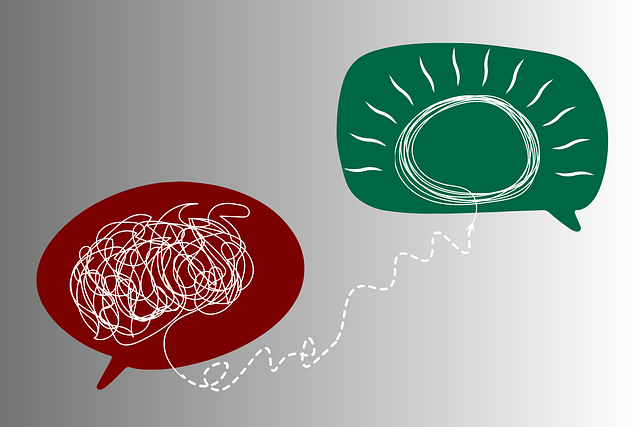Colorado Springs Abuse Survivors Therapy focuses on developing effective coping skills as a core component of trauma healing. Through specialized programs, mental health professionals guide survivors in managing anxiety, depression, and other abuse-related challenges. The goal is to foster self-compassion, build resilience, and empower individuals to navigate their emotions post-trauma, ultimately transforming their lives and creating a brighter future. This includes identifying personal coping mechanisms, developing self-care routines, integrating stress reduction methods, setting goals, and prioritizing rest, social support, and enjoyable activities for long-term mental wellness.
In Colorado Springs, survivors of abuse often face significant challenges in their journey towards healing. Understanding and developing coping skills are essential components of this process. This article explores the critical role of coping skills in recovery, focusing on strategies used in Colorado Springs Abuse Survivors Therapy. We’ll delve into identifying personal mechanisms, examining their impact, and building a toolkit for long-term skill development to navigate life’s obstacles successfully.
- Understanding Coping Skills: A Foundation for Healing in Colorado Springs Abuse Survivors Therapy
- Identifying Personal Coping Mechanisms and Their Impact on Recovery
- Building a Toolkit: Effective Strategies for Long-Term Coping Skills Development
Understanding Coping Skills: A Foundation for Healing in Colorado Springs Abuse Survivors Therapy

Understanding coping skills is paramount in the journey towards healing for survivors of abuse in Colorado Springs Abuse Survivors Therapy. These skills are adaptive strategies that help individuals manage and overcome challenging situations, especially after traumatic experiences. Through specialized therapy programs designed to cater to the unique needs of abuse survivors, Colorado Springs offers a safe space for personal growth. The focus on coping skills development enables participants to navigate their emotions, build resilience, and regain a sense of control over their lives.
In these therapeutic settings, mental health professionals guide survivors in learning various techniques to cope with anxiety, depression, and other mental health challenges often associated with abuse. The goal is not only to manage symptoms but also to foster self-compassion and develop effective coping mechanisms that promote long-term well-being. By participating in structured programs designed for resilience building, Colorado Springs Abuse Survivors Therapy empowers individuals to transform their lives and create a brighter future despite the hardships they’ve faced.
Identifying Personal Coping Mechanisms and Their Impact on Recovery

Identifying personal coping mechanisms is a powerful step towards recovery for Colorado Springs abuse survivors. Each individual develops unique strategies to navigate through difficult experiences, and becoming aware of these coping mechanisms can be transformative. Whether it’s engaging in creative outlets like art or music, spending time in nature, practicing mindfulness, or connecting with supportive communities, recognizing these personal tools empowers survivors to make informed choices for their mental health.
Understanding the impact of these coping strategies is crucial. Effective mechanisms promote self-care routine development and can significantly reduce symptoms of depression prevention. For instance, establishing a consistent self-care routine that incorporates activities like regular exercise, healthy eating, and sufficient sleep can foster better mental wellness. Additionally, seeking professional support through mental wellness coaching programs development can provide tailored guidance, helping individuals navigate challenges and enhance their coping strategies for long-term recovery.
Building a Toolkit: Effective Strategies for Long-Term Coping Skills Development

Building a Toolkit for Long-Term Coping Skills Development
Coping with life’s challenges requires an arsenal of effective strategies tailored to individual needs. Colorado Springs Abuse Survivors Therapy emphasizes this process, empowering individuals to cultivate resilient coping mechanisms that endure over time. A robust toolkit includes a mix of proven methods like mindfulness practices, cognitive reframing, and healthy self-care routines. These techniques act as powerful weapons against stress, anxiety, and burnout, enabling individuals to navigate difficult situations with greater ease and composure.
By consistently employing Stress Reduction Methods, such as deep breathing exercises or progressive muscle relaxation, individuals can calm their minds and bodies, fostering a sense of inner peace. Confidence Boosting activities, like setting achievable goals and celebrating small victories, build resilience and encourage positive self-perception. Additionally, preventing Burnout is paramount; prioritizing rest, engaging in enjoyable activities, and seeking social support are essential for maintaining emotional well-being and avoiding exhaustion. Through dedicated practice, these coping skills become ingrained habits, offering lifelong protection against adversity.
Colorado Springs Abuse Survivors Therapy emphasizes the importance of coping skills development as a crucial foundation for healing. By understanding personal coping mechanisms and their impact, individuals can build an effective toolkit for long-term recovery. This holistic approach equips survivors with strategies to navigate challenges, fostering resilience and improved quality of life in Colorado Springs and beyond.














